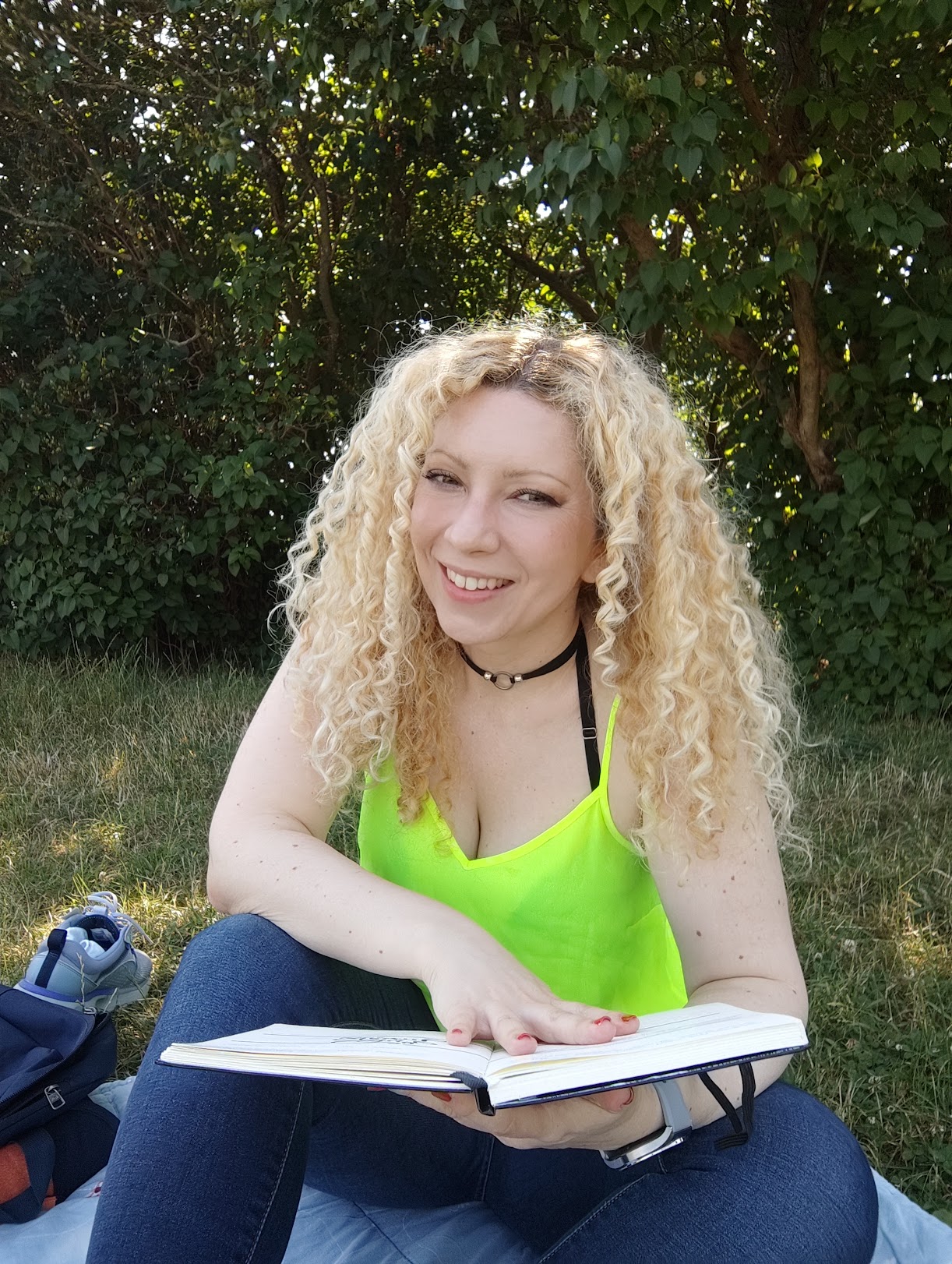Books about writing – this in itself sounds sarcastic, ain’t it?
Writing is as much an art as it is a craft. Over the years, I’ve turned to various books to help refine my skills, offer new perspectives, and inspire me to push through the inevitable writer’s block. Each of the following 20 books has left a lasting impression on me, shaping how I approach the written word. Here’s my personal take on them, as well as what I’ve learned along the way.
Today, as an experienced copyrighted I will share my personal experience of learning to write though books. This art can then we useful in so many other life niches, as you will probably have guesed yourself.
This is my personally curated list; please do let me know in the comments if you have your favorite books, too.
So, let’s get started:
20 Best Books About Writing
| Title | Author | Year Released | Best Thing I Learned |
|---|---|---|---|
| On Writing: A Memoir of the Craft | Stephen King | 2000 | Embrace the messiness of the first draft. |
| Bird by Bird: Some Instructions on Writing and Life | Anne Lamott | 1994 | Take writing one step at a time, and don’t fear the “shitty first draft.” |
| The Elements of Style | William Strunk Jr. & E.B. White | 1959 | The importance of clarity and omitting needless words. |
| The War of Art | Steven Pressfield | 2002 | Overcoming resistance and treating writing as a profession. |
| Writing Down the Bones: Freeing the Writer Within | Natalie Goldberg | 1986 | Writing as a meditative practice that requires consistency. |
| The Writing Life | Annie Dillard | 1989 | Embrace the solitude and intensity of the writing life. |
| On Writing Well: The Classic Guide to Writing Nonfiction | William Zinsser | 1976 | The value of simplicity and writing with humanity. |
| Big Magic: Creative Living Beyond Fear | Elizabeth Gilbert | 2015 | Embrace creativity with curiosity and without fear. |
| Zen in the Art of Writing | Ray Bradbury | 1990 | Writing should be joyful and full of energy. |
| The Artist’s Way: A Spiritual Path to Higher Creativity | Julia Cameron | 1992 | The power of daily writing practices like “morning pages.” |
| Steering the Craft: A Twenty-First-Century Guide to Sailing the Sea of Story | Ursula K. Le Guin | 1998 | The importance of narrative mechanics and the rhythm of writing. |
| The Paris Review Interviews (Writers at Work) | Various Authors | 1953 (First Series) | There’s no one right way to write; even the best struggle. |
| Why I Write | George Orwell | 1946 | Writing is a powerful tool for social and political commentary. |
| The Sense of Style: The Thinking Person’s Guide to Writing in the 21st Century | Steven Pinker | 2014 | Good writing is clear thinking made visible. |
| The Writing Habit | David Huddle | 1991 | Writing should be a daily habit, regardless of inspiration. |
| Birds Art Life: A Year of Observation | Kyo Maclear | 2017 | Inspiration comes from paying attention to the small details of life. |
| The Writing Workshop Note Book | Alan Ziegler | 2003 | Practical tools and prompts to overcome writer’s block. |
| Self-Editing for Fiction Writers: How to Edit Yourself Into Print | Renni Browne & Dave King | 1993 | The importance of self-editing with a critical eye. |
| Draft No. 4: On the Writing Process | John McPhee | 2017 | Great writing often requires multiple drafts and fine-tuning. |
| Writing Fiction: A Guide to Narrative Craft | Janet Burroway | 1982 | A comprehensive understanding of the mechanics of storytelling. |
1. “On Writing: A Memoir of the Craft” by Stephen King
Stephen King’s blend of memoir and writing advice made me feel like I was sitting down with a mentor who knows the terrain well. King’s straightforward approach taught me the importance of discipline and the art of storytelling without frills. His advice on “writing with the door closed” helped me embrace the messiness of the first draft, a crucial lesson for any writer.
2. “Bird by Bird: Some Instructions on Writing and Life” by Anne Lamott
Anne Lamott’s wisdom is comforting and motivating, serving as a reminder that writing is a gradual process, akin to life. Her concept of the “shitty first draft” was liberating. It allowed me to let go of the need for perfection in the early stages and focus on getting the words down.
3. “The Elements of Style” by William Strunk Jr. and E.B. White
This classic is the grammar and style bible I repeatedly return to. Strunk and White’s concise rules have become my guideposts, helping me write more clearly and efficiently. The principle of omitting needless words has stuck with me the most, encouraging me to trim the fat from my prose.
4. “The War of Art” by Steven Pressfield
Steven Pressfield’s exploration of resistance hit home. I realized that every writer battles the invisible forces that try to keep us from our work. Pressfield’s advice on overcoming resistance and treating writing as a profession has been instrumental in my journey, pushing me to write even when it feels impossible.
5. Natalie Goldberg’s “Writing Down the Bones: Freeing the Writer Within.”
Natalie Goldberg’s focus on writing as a practice opened my eyes to the importance of consistency. Her Zen-like approach encourages writing as a form of meditation, something I’ve tried to incorporate into my daily routine. It’s a reminder to trust the process and let the words flow without judgment.
6. “The Writing Life” by Annie Dillard
Annie Dillard’s poetic musings on the writer’s life resonated deeply with me. Her reflections on the solitude and intensity of writing reminded me that this craft requires both courage and persistence. Dillard’s work is a beautiful ode to the writing life, inspiring me to embrace its challenges.
7. “On Writing Well: The Classic Guide to Writing Nonfiction” by William Zinsser
William Zinsser’s practical advice is a must for anyone interested in nonfiction. His emphasis on clarity, simplicity, and humanity in writing helped me approach my nonfiction work with a more thoughtful and reader-centric mindset. Zinsser’s insistence on being yourself on the page has become a cornerstone of my writing philosophy.
8. “Big Magic: Creative Living Beyond Fear” by Elizabeth Gilbert
Elizabeth Gilbert’s exploration of creativity is both whimsical and profound. She helped me see creativity as a partnership with the unknown, requiring curiosity and courage rather than fear. “Big Magic” inspired me to take more risks with my writing, be more playful, and embrace creativity’s mysterious nature.
9. “Zen in the Art of Writing” by Ray Bradbury
Ray Bradbury’s passion for writing is infectious. His essays taught me that writing should be a joy, a celebration of the imagination. Bradbury’s advice to write with zest and gusto encouraged me to infuse my work with more energy and enthusiasm. Writing, as he says, should be fun.
10. “The Artist’s Way: A Spiritual Path to Higher Creativity” by Julia Cameron
Julia Cameron’s book is more than a guide to writing; it’s a toolkit for nurturing creativity. Her concept of “morning pages”—daily, unfiltered writing—became a habit that unlocked new ideas and helped clear mental clutter. Cameron’s approach has been a powerful reminder that creativity requires both discipline and self-compassion.
11. “Steering the Craft: A Twenty-First-Century Guide to Sailing the Sea of Story” by Ursula K. Le Guin
Ursula K. Le Guin’s book is a masterclass in the art of storytelling. Her exercises and insights pushed me to explore the deeper mechanics of narrative, from the point of view to the sound of sentences. Le Guin’s wisdom challenged me to think more critically about the structure and rhythm of my writing.
12. “The Paris Review Interviews (Writers at Work)”
This collection of interviews with some of the greatest writers of our time is a treasure trove of wisdom. I found solace in the fact that even the most celebrated authors struggle with the same doubts and challenges. Their stories of persistence and their varied approaches to writing offered me new perspectives and the reassurance that there’s no one right way to write.
13. “Why I Write” by George Orwell
George Orwell’s essay is a candid exploration of the motives behind writing. It made me reflect on my own reasons for putting pen to paper. Orwell’s insistence that writing is a powerful tool for political and social commentary reminded me of the responsibility of being a writer.
14. Steven Pinker’s “The Sense of Style: A Thinking Person’s Guide to Writing in the 21st Century.”
Steven Pinker’s modern take on style and grammar is both insightful and entertaining. He demystified complex linguistic principles, which helped me refine my writing for a contemporary audience. Pinker’s book reinforced the idea that effective writing is clear thinking made visible, a mantra I try to live by.
15. “The Writing Habit” by David Huddle
David Huddle’s focus on developing a writing routine spoke directly to the procrastinator in me. His practical advice on making writing a daily habit, regardless of inspiration, has helped me stay consistent. Huddle’s approach to treating writing as an integral part of daily life was a game-changer.
16. “Birds Art Life: A Year of Observation” by Kyo Maclear
While not a traditional book on writing, Kyo Maclear’s meditation on art and observation taught me the value of paying attention. Her reflections on the small details of life and their connection to creativity reminded me that inspiration is everywhere, if we take the time to look.
17. “The Writing Workshop Note Book” by Alan Ziegler
Alan Ziegler’s collection of exercises and advice from his years of teaching writing workshops has been invaluable. This book provided me with practical tools and prompts to break through writer’s block and think about writing from new angles. Ziegler’s insights have kept my creative muscles well-exercised.
18. “Self-Editing for Fiction Writers: How to Edit Yourself Into Print” by Renni Browne and Dave King
This book is a practical guide to the often-painful process of self-editing. Browne and King’s detailed advice on everything from dialogue to point of view helped me sharpen my prose. Their emphasis on learning to edit with a critical eye has made me a better, more self-aware writer.
19. John McPhee’s “Draft No. 4: On the Writing Process.”
John McPhee’s essays on the craft of writing are filled with wisdom from a lifetime of experience. His meticulous approach to structure and his reflections on revision have encouraged me to be more patient with my own work. McPhee’s book is a reminder that outstanding writing often requires multiple drafts and a lot of fine-tuning.
20. “Writing Fiction: A Guide to Narrative Craft” by Janet Burroway
Janet Burroway’s guide is a comprehensive resource for fiction writers. Her deep dive into the elements of narrative—plot, character, dialogue, and setting—gave me a stronger foundation in the mechanics of storytelling. Whenever I find myself struggling with a specific aspect of my fiction writing, I turn to this book for guidance.
Final Thoughts
Each of these books has shaped my writing journey in different ways. They’ve taught me discipline, creativity, clarity, and the importance of persistence. Writing is a lifelong learning process, and these books have been my companions along the way, offering guidance, inspiration, and sometimes a much-needed kick in the pants.
If you’re a writer or aspiring to be one, I can’t recommend these books highly enough. They’ve helped me navigate the challenges of the writing life, and I’m sure they’ll do the same for you. So grab a cup of coffee, pick up one of these books, and let’s keep writing.

Lorelei has been an online entrepreneur, marketer and writer since 2006. Her biggest passion is WordPress, which is why she switched to being a full-time blogger 20 years ago and hasn’t looked back since. With so many years of experience behind her, she is an expert in copywriting, SEO, marketing and business strategies.






